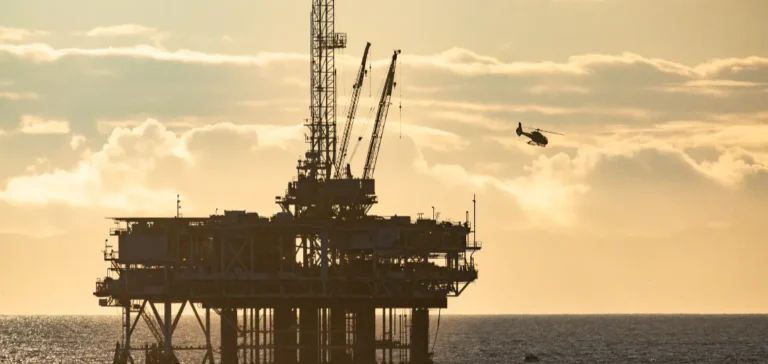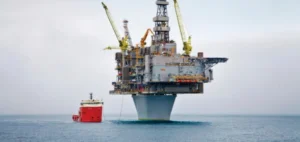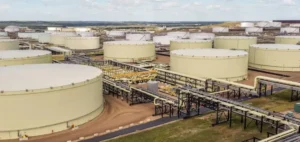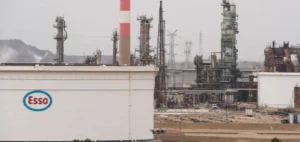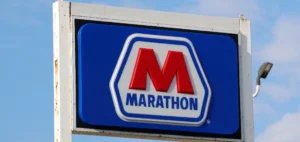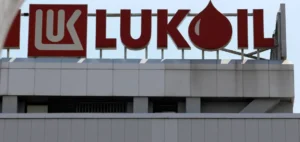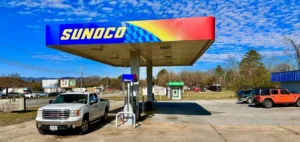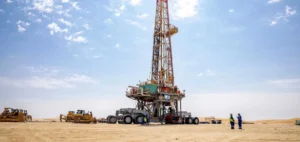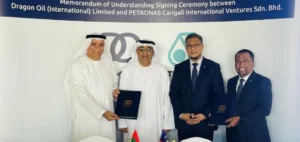The U.S. administration has announced the organisation of a new auction for offshore oil and gas leases covering 80 million acres in the Gulf of Mexico. Scheduled for December 10, this sale marks the beginning of a series of 30 consecutive auctions running through 2040, as outlined in the tax legislation signed in July by President Donald Trump.
This auction series is part of a federal strategy to boost conventional energy production by prioritising domestic resource development and reducing regulatory constraints. The Bureau of Ocean Energy Management (BOEM), under the Department of the Interior, will oversee the process and apply a 12.5% royalty rate, the minimum allowed by law, to encourage participation from private operators.
Extended timeline in Alaska through 2032
In parallel, BOEM has proposed an auction covering approximately one million acres in Alaska’s Cook Inlet. Scheduled for March 4 next year, this sale will be the first of six mandatory auctions between 2026 and 2032, also included in the current tax law. This specific programme in Alaska aims to reintegrate the region into offshore development after several years without commercial activity.
Matt Giacona, Acting Director of BOEM, stated that the new schedule provides “a predictable, congressionally mandated leasing timeline that will support long-term offshore oil and gas development.”
A policy aligned with energy sovereignty goals
The Trump administration continues to pursue a strategy focused on maximising fossil fuel extraction, contrasting with previous policies more oriented toward renewable energies. The approach relies on legal certainty offered to operators through a clear sales schedule, reduced fiscal pressure, and access to large exploration areas in historically active regions.
Companies interested in the blocks available in the Gulf of Mexico will benefit from similar entry conditions for both shallow and deep waters, fostering increased competition among operators of various sizes. The configuration proposed for Alaska is also expected to attract companies specialising in operations under specific climatic conditions, with potentially higher profitability due to easier lease access.


